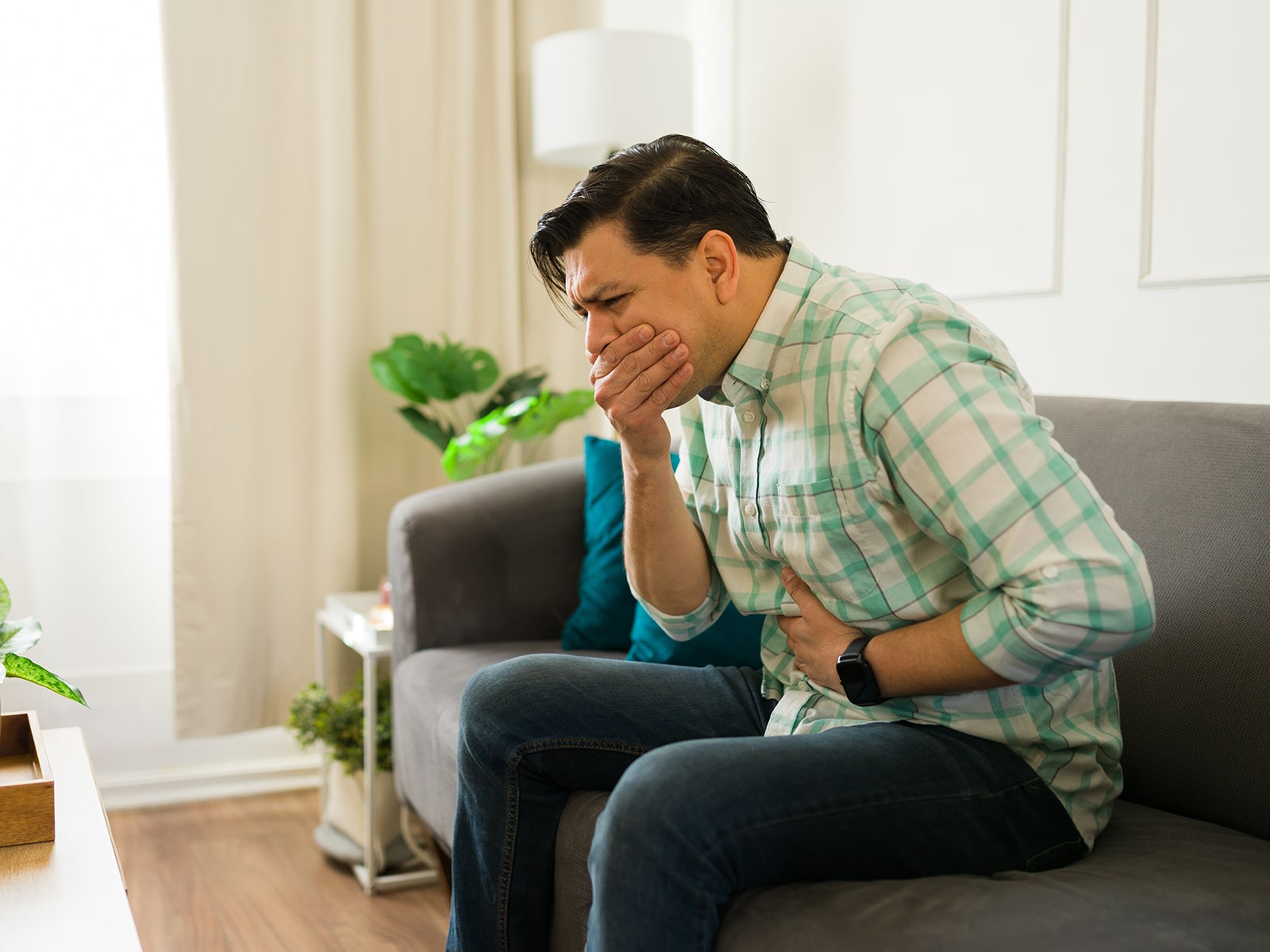
Diverticulosis of the colon occurs when small pouches, called diverticula, bulge through weak spots in the wall of your large intestine. This condition is most common after age 40 and often causes no noticeable symptoms. Identifying diverticulosis early allows you to take steps to prevent complications down the road.
Many people with diverticulosis have no symptoms. When they do occur, you might notice:
The exact cause of diverticulosis isn't fully understood, but several factors increase your risk:
At GastroDoxs, our Houston-based team combines years of specialized digestive health expertise with a patient-first philosophy. We guide you through every step-from diagnosis and ICD-10 code assistance to personalized treatment plans and ongoing support. Don't wait to take control of your colon health. Call us today at 832-632-4070 or book your appointment online to get a tailored care plan designed just for you.
We've successfully treated more than 19.8K patients, helping individuals improve their digestive health and overall well-being through expert, personalized care.
With over 20 years of experience, GastroDoxs has been a trusted provider of gastroenterology care, focusing on delivering the best outcomes for patients
The ICD-10 codes for diverticulosis of the colon without inflammation are K57.30 and K57.32.
Most people with diverticulosis don't feel pain, but pouches can become inflamed or infected, leading to discomfort or sharp pain.
Diverticulosis is usually diagnosed through imaging studies such as a colonoscopy or a CT scan of the abdomen.
A diet high in fiber-fruits, vegetables, whole grains, and legumes-helps keep stool soft and reduces pressure on the colon.
No. With proper diet, hydration, and lifestyle, many people never develop inflammation or infection of the diverticula.
Your gastroenterologist may recommend a colonoscopy every 5 to 10 years, based on your overall risk factors and screening history.
Yes-adding fiber-rich foods, drinking plenty of water, and light exercise like walking can help prevent symptoms and complications.
Consult a gastroenterologist if you experience rectal bleeding, severe or persistent abdominal pain, fever, or significant changes in bowel habits.
Surgery is rare and only considered if you develop recurrent complications, such as persistent bleeding, abscesses, or perforations.
Diverticulosis is uncommon in children and typically occurs in adults over age 40 due to age-related changes in the colon.